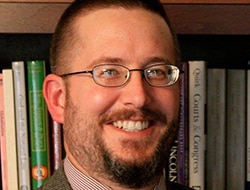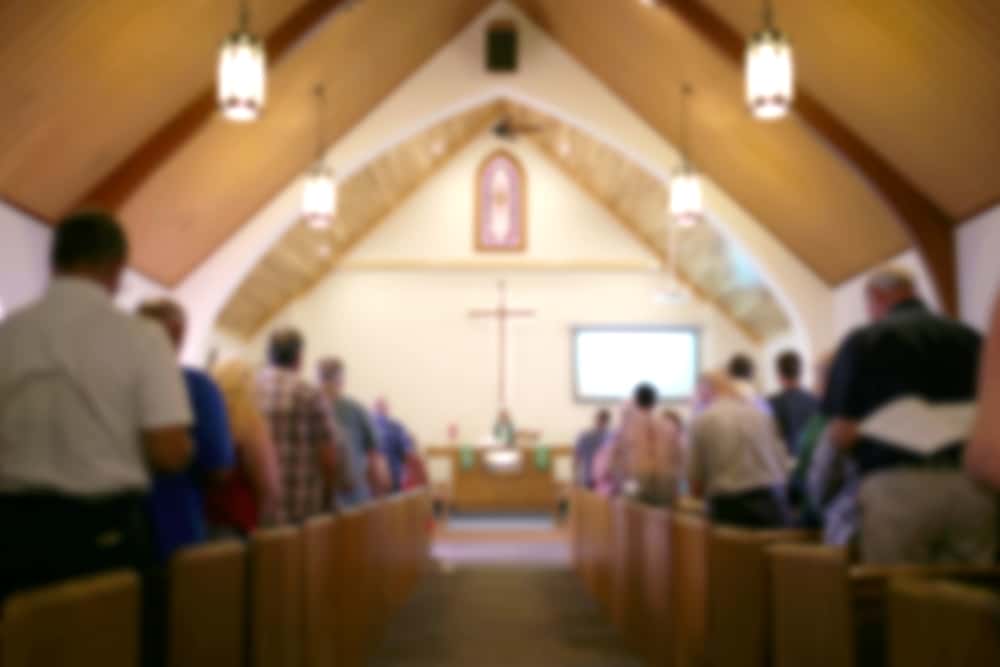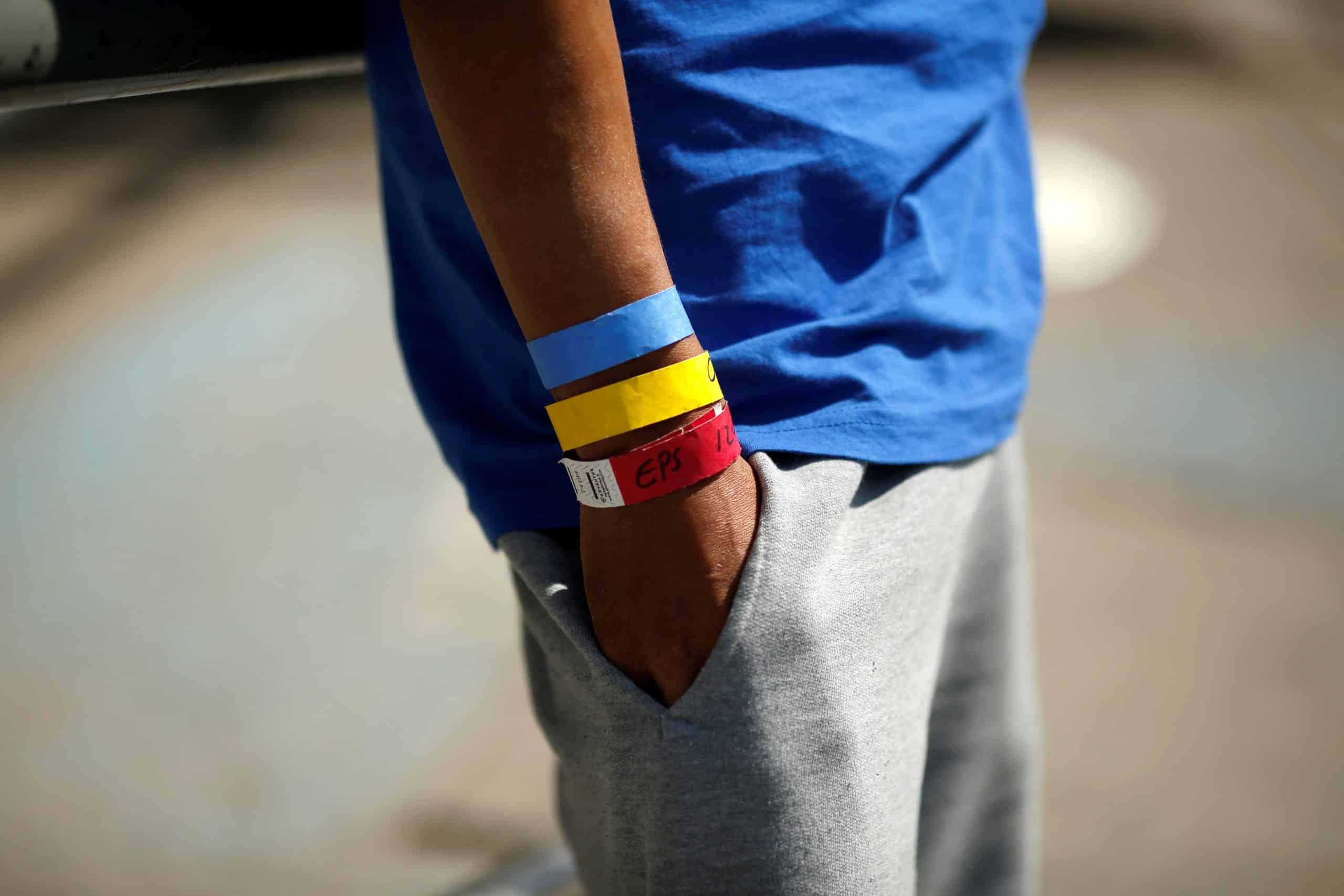
There are times in the life of a society, just as in the lives of every one of us, when things are broken beyond repair. When it’s a favorite piece of china that crashed to the floor, perhaps it can be replaced; but if that china bowl was handpainted by your great-grandmother, it can’t. And if that bowl wasn’t accidentally dropped on the floor but was thrown by your spouse or your child, who knew how much it meant to you, the pain you feel at the loss of the object may pale in comparison with the pain you feel knowing that a rupture has taken place that, even if you can forgive it, you will never be able to forget.
We have come to one of those moments in the life of our country. A nation increasingly divided over the last 50 years over politics, over race, over economic disparities has seen all of those divisions come to a head in the last few months — first, in a pandemic that should have brought us together but instead increased every one of those divisions, as how we measured and responded the danger to ourselves and others depended on where we lived and on which cable channels we watched and, yes, even for whom we voted. And if we contracted COVID-19, our chances of survival and recovery depended, in no small part, on our race and our economic status, as did our ability to shelter in place and to work from home.
And now, after months of isolating ourselves from one another — some of us voluntarily, others under protest — to try to save lives, yet another white police officer has ended the life of yet another black man, and people who are tired of seeing this happen over and over again and who have also watched their neighborhoods suffer over these past months, knowing that stores were closing and jobs were leaving that would likely never come back, took to the streets to protest George Floyd’s death and all that it signifies to them. And now our cities are burning, because some small portion of those protestors, and others who saw an opportunity to use the justified grievances of the peaceful protestors as an excuse, decided to foment political unrest, loot and convert the frustrations of their time in quarantine into the destruction of property — and, in some cases, further deaths.
And, in cities across the country, some local and state police and the National Guard — many of them also undoubtedly frustrated by the experience of the last few months and fearful of how even a peaceful protest might go bad through the actions of a few — have responded in ways that have done nothing to indicate that the death of George Floyd, any more than the deaths of countless others before him, has caused them to reconsider what it means to protect and to serve.
Great-Grandma’s bowl has been hurled, and before it had fully shattered into a thousand pieces, we pulled the cups and the saucers and the plates and the platters out of the china cabinet and reduced them to dust as well.
“[T]he best way out,” Robert Frost wrote, “is always through.” But then, in a different voice: “And I agree to that, or in so far / As that I can see no way out but through. … “
That is where we stand now, as a country and as people. Black and white and every other race, rich and poor and everything in between, Democrat and Republican and scrupulously independent, police officer, peaceful protestor and rioter: For all of us, there is no way out but through.
Through the lies we’ve told ourselves about the social contract in this country. Through the anger at, and distrust of, others who look different from us, live differently than we do, vote for and support “their” president rather than “ours.” Through the violence and destruction that can never be undone, even if storefronts can be rebuilt and businesses can reopen. Through the deaths that are final, at least in this world, and that leave scars on those left behind, even if justice is served.
There is no way out but through.
Through justice and mercy. Through faith and hope. Through forgiveness and redemption. Through acts of kindness. Through submitting ourselves to one another in the uncertainty of how our neighbor will respond, and responding not with more hatred and fear and anger and distrust, but with the love of the one who died so that we — not just you, not just me, but all of us — might live as one in him.
When things are broken beyond repair, there is no way out but through.
Scott P. Richert is publisher for OSV.





